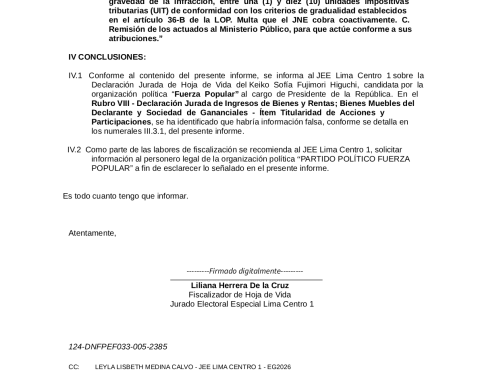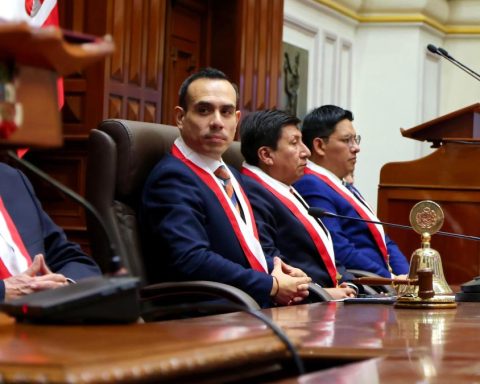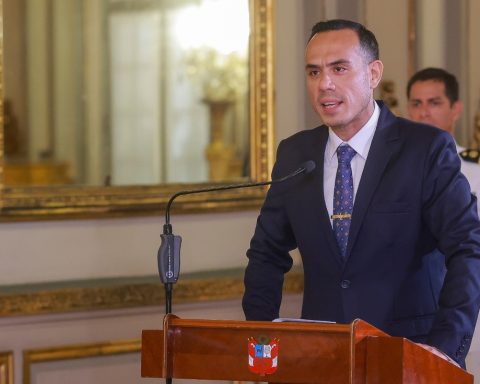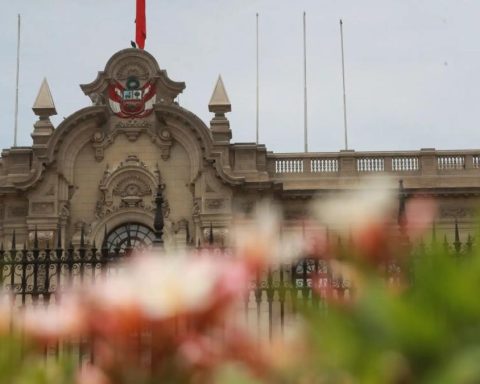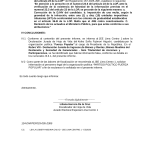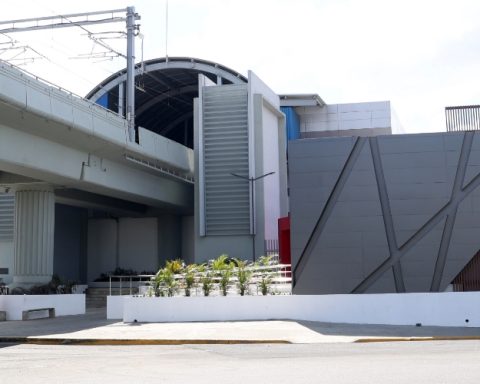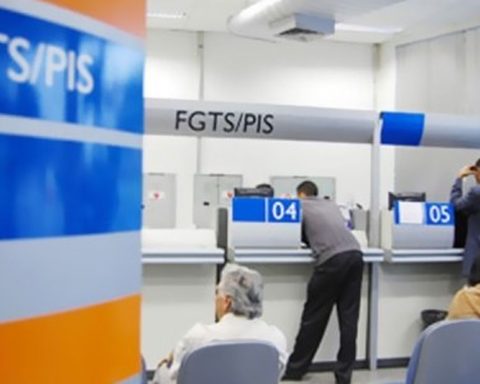In the world of work, COVID-19 pandemic It has not only imposed new rules of the game, modalities of working (such as remote work) and relationships between employers and workers, it has also pushed the latter to gain greater bargaining power compared to pre-pandemic times.
“Since last year we have perceived, in general, a greater labor conflict in the market and, additionally, the empowerment of workers and unions”, affirms Luis Santa Cruz, director of the Labor Practice Area of Miranda & Amado.
Although it could be thought that this is a local phenomenon –in view of the current political context– Santa Cruz explains that it is a reality that other countries in the world experience in the same way. Not in vain, a study carried out by The Economist reveals that this 2022 will be ‘the year of the worker’.
LOOK: Thousands of baptisms annulled after a priest used the wrong words for more than 20 years
“Workers worldwide are fighting for more and better working conditions and the demonstrations are different depending on the country, but definitely since the beginning of the pandemic the tension between workers and companies, and the search for better working conditions, has increased”, adds the worker.
In Spain, for example, a labor reform was recently carried out and in the United States the difficulty in retaining personnel and the creation of unions of recognized companies is observed, Santa Cruz detailed during his participation in the webinar “Panorama of individual and collective labor relations 2022″, carried out by the Peruvian Association of Human Resources (Aperhu).
local context
In Peru, this whole situation has another enhancer: the political one. And it is that labor issues have gained greater political relevance in the country. Thus, Santa Cruz recalls that, at the end of 2021, President Pedro Castillo was part of the launch of the National School of Trade Union Studies, whose management will be in charge of the Ministry of Labor and Employment Promotion (MTPE).
In addition, since the beginning of his mandate, the head of state has stated that his government will work to reform or eliminate a series of labor regulations that he perceives as excessive or unfair.
“What we see is that there is a desire to enhance training and foster ties between members of the Legislature and the Executive in the labor sector, which contributes to new negotiation strategies and the promotion of regulatory changes, such as those included in the ‘Agenda 19′ and other proposals”, maintains the specialist.
Agenda 19 and labor proposals
On this last point, Santa Cruz points out that there are some points on which greater emphasis is being placed, among them, the limitation of collective dismissals and temporary hiring; the reduction of the working day; to greater protection against dismissals; the condonation of hours of leave with compensable enjoyment; negotiation by branch of activity; there are even bills that seek to prohibit or limit outsourcing and intermediation.
Likewise, it maintains that the direct affiliation of workers to branch unions is being promoted, and the increase in the minimum vital wage (RMV) is pending.
“In general terms, this greater bargaining power is a trend that, although we were coming, the pandemic accelerated.”, he concludes.

